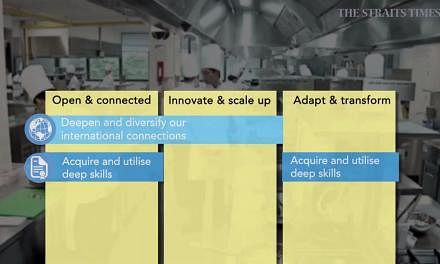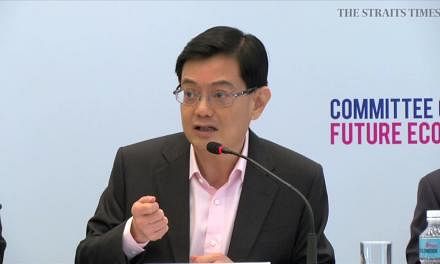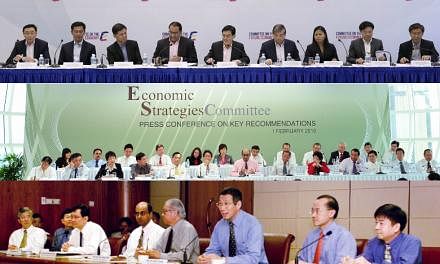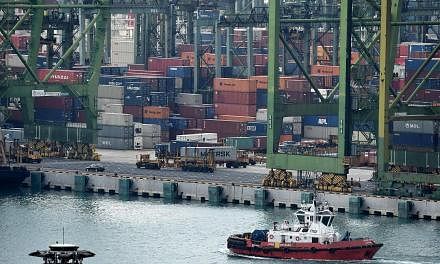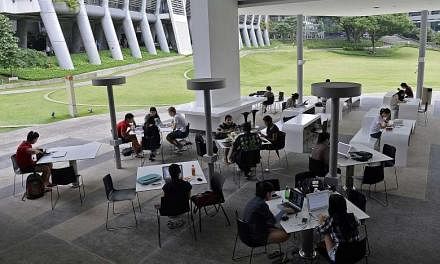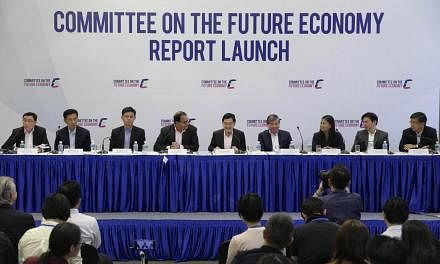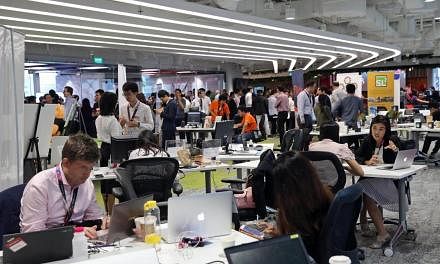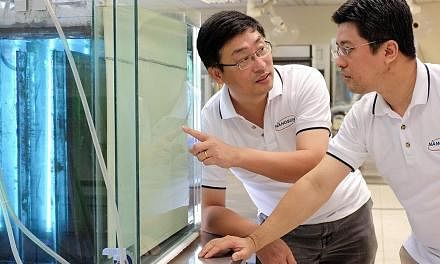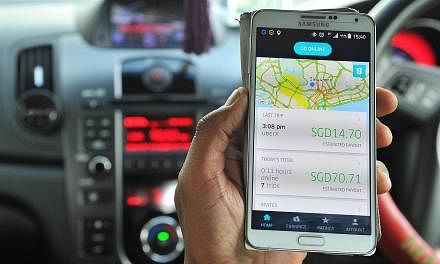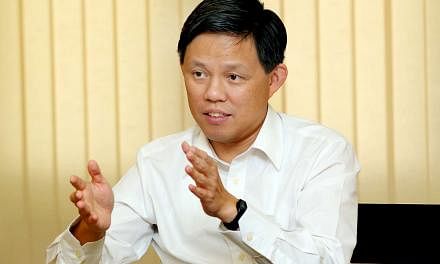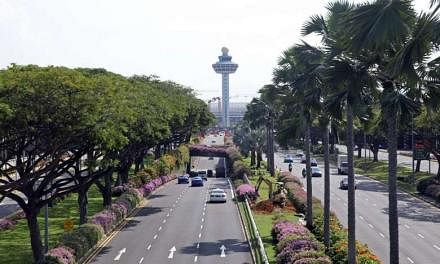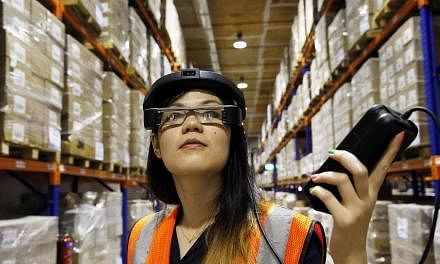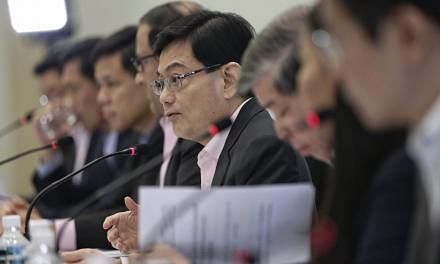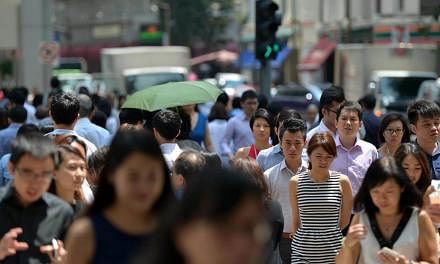Strategy 4: Build strong digital capabilities
Singapore's economy must be built on strong digital capabilities to continue to grow in the long term.
This is one of seven broad recommendations outlined in the Committee on the Future Economy (CFE) report released yesterday.
The report comes after one year of consulting with 9,000 stakeholders, including trade associations, public agencies, unions, companies, academics and students.
The committee said that small and medium-sized enterprises across all sectors - which form the bulk of companies here - must automate for productivity gains.
"Building on our smart nation vision, we can tap the economic opportunities offered by the digital economy," the committee said in its report.
-
9,000
-
Number of stakeholders, including trade associations, public agencies, unions, companies, academics and students, who were consulted in the CFE report.
The 30-member committee said that national initiatives such as the National Trade Platform and the National Payments Council could accelerate the pace of adoption.
The National Trade Platform is a new trade management system to enable electronic data sharing among businesses, and between businesses and the Government. The National Payments Council is a new body to promote common e-payment standards.
Minister in the Prime Minister's Office Chan Chun Sing said during a press conference yesterday that data can help Singapore transcend its resource limitations.
"Digitalisation offers businesses, including the smaller ones, an effective means to reach out to global markets and ride on the Singapore brand of trust and efficiency," he said.
Beyond automation, companies also need to develop capabilities in data analytics to turn the wealth of data in their possession into an asset.
"Data will be an increasingly important source of comparative advantage and we need to improve our ability to use it productively in the economy," the report noted.
The committee recommended that the Government create a dedicated programme office to help companies turn their data into an asset.
Among other things, the office can co-develop flagship data science projects with companies to inspire others to do the same.
The committee cited ride-hailing app makers Uber and Grab as examples of new businesses that came out from data science projects.
Specifically, the apps match commuters with drivers, and accurately predict how soon a ride will be available. They also allow commuters heading towards the same direction to share rides.
To train data scientists for this purpose, the committee suggested that the Government build joint laboratories with companies. Such partnerships can also promote innovation.
Recognising that cyber security underpins the data science projects, economic growth and national security, the committee also recommended that full-time national servicemen be trained to develop niche skills in cyber security.
"Singapore should also attract and anchor vanguard technology firms in niche cyber security segments where we can develop global leadership, and facilitate partnerships with users as well as local solution providers to create best-in-class solutions," the report said.


